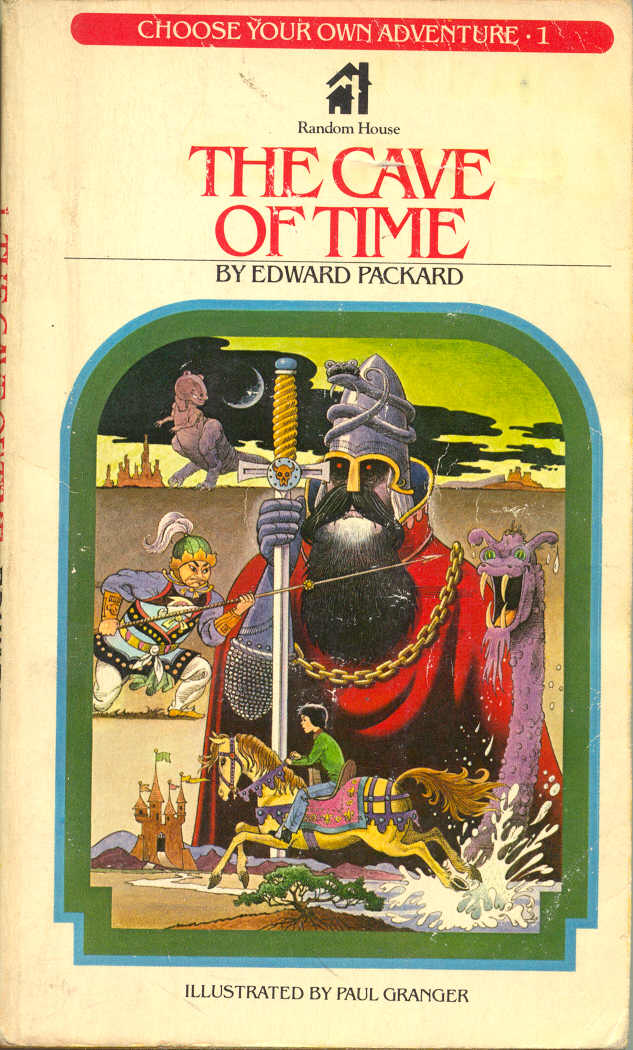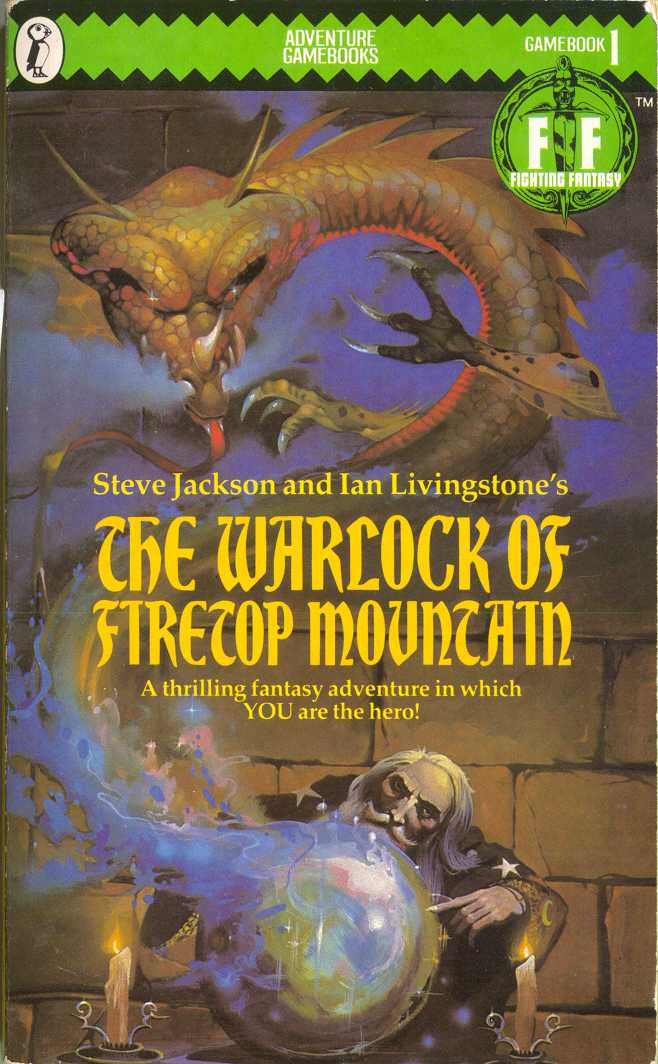Serious_Business
Best Poster on the Codex
"Existentialism as a creative modus is inherently politically neutral" - is it though? Most existentialist thinkers except the most religious ones tried to make existentialism "political", or at the very least social in nature. If you talked Sartre, which is "the shittiest of them all", then existentialism has to be a highly engaged, political project. On the other side of the coin, you can't think Dostoevsky is apolitical ; his characters feel political anxiety as much as they feel religious angst. I'm not going to discuss all the possible authors here ; ultimately the point is that existentialism is not a coherent philosophical movement, as you well know. I'm not sure if it means anything to label it a "creative modus". Who "creates existentially"? What does that even mean?
Ironically I do suppose the reference to existentialism is as archaic as the presentation of DE's political culture. The fact that they draw a fictional universe is probably the reason why they can't go very far in terms of political commentary. Politics become an abstract thing, just like existentialism tends to be an abstract thought. You get decontextualised politics and decontextualised existence. Of course, most contemporary fiction is guilty of this, on a much more larger scale. It's why it tends to be so infantile in the first place.
I haven't even played the game more than a couple of hours, just finding an excuse to discuss the terms here. If it's a "didactic tale", what exactly is it supposed to teach us? That "games can be art"? You need to elaborate on this. What do you think, that I'm going to find out myself by playing the game?
Ironically I do suppose the reference to existentialism is as archaic as the presentation of DE's political culture. The fact that they draw a fictional universe is probably the reason why they can't go very far in terms of political commentary. Politics become an abstract thing, just like existentialism tends to be an abstract thought. You get decontextualised politics and decontextualised existence. Of course, most contemporary fiction is guilty of this, on a much more larger scale. It's why it tends to be so infantile in the first place.
I haven't even played the game more than a couple of hours, just finding an excuse to discuss the terms here. If it's a "didactic tale", what exactly is it supposed to teach us? That "games can be art"? You need to elaborate on this. What do you think, that I'm going to find out myself by playing the game?




























